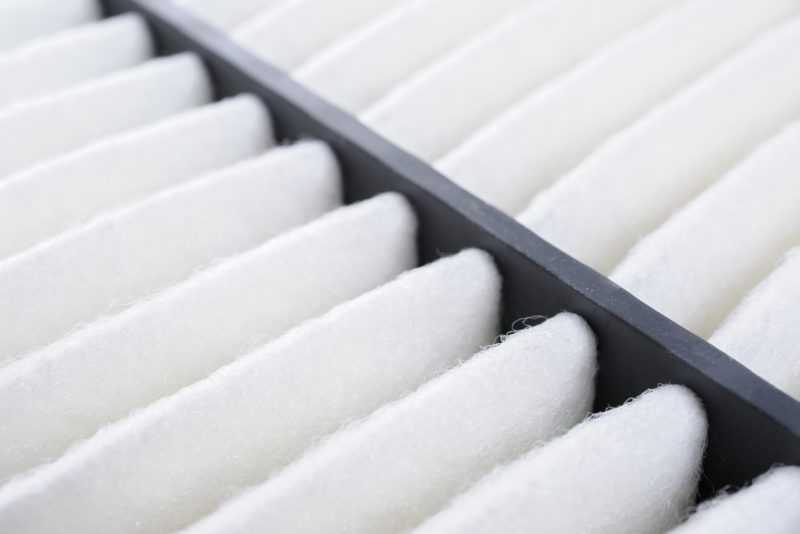Your HVAC system’s air filter might not look like an important cost-saving tool, but it can help Frederick, Maryland, homeowners boost heating and cooling efficiency without overspending. Before you depend on this simple device for cleaner air and better efficiency, however, it’s essential to get familiar with the basics. From finding the correct size to choosing the right minimum efficiency reporting value (MERV) rating, learn how the right filter can help you save.
How to Decide Between Washable and Disposable Filters
When it comes to air filters, one of the first decisions you’ll have to make is between washable and disposable filters. On the one hand, washable filters last for years without requiring replacement, making them incredibly cost-effective. However, they do require frequent washing and drying so that they don’t accumulate excessive dust and debris. This process is relatively simple, but it requires careful attention, as placing a wet filter in your HVAC system can contribute to unwanted biological growth.
On the other hand, disposable filters do require frequent replacements. This may cause them to have a higher annual cost than most washable filters. However, disposable filters are relatively inexpensive if you purchase them in bulk. Moreover, they’re often more effective at filtering your home’s air supply.
How to Determine the Right Size for Your Air Filter
After deciding on a type, determine the right size for your air filter. You can do this by checking the size of the old filter you’re replacing, or you can measure the dimensions of the filter cabinet to confirm.
Note that all HVAC filters have a length, width, and depth, and choosing the right dimensions is essential. Using a filter that’s too small could cause contaminants to slip past and enter your HVAC system, while a filter that’s too large may not fit your air conditioner properly, both of which could be costly.
How to Know Which MERV Rating Is Most Efficient
MERV ratings refer to how effective an air filter is at capturing contaminants while maintaining efficient airflow. These ratings span one through 20, with higher numbers indicating better performance.
For your residential HVAC system, you’ll want to choose an air filter with a MERV rating between nine and 12. Filters with ratings of eight and below are much less effective at capturing dust, pollen, pet dander, and other microscopic contaminants, which can lead to expensive HVAC repair issues. In contrast, filters with MERV ratings of 13 and above are usually designed for commercial and industrial applications and won’t work properly with your system. If you aren’t sure which MERV rating fits best with your HVAC system, don’t hesitate to ask the Griffith Energy Services team for expert advice.
When to Replace Your HVAC Filter
No HVAC filter lasts forever, and all models require regular replacements or washes to remain effective. After all, these filters are designed to capture the airborne pollutants in your home, which means they can get dirty quickly during periods of peak HVAC usage.
Our team usually recommends replacing a disposable filter or cleaning a washable filter at least every 90 days. During the summer, when your air conditioner is running constantly, consider changing the filter every 30 or 60 days instead. More frequent replacements may cost a little more time and money. However, they can help keep your air conditioner contaminant-free and ultra-efficient.
When to Upgrade to a Whole-House Air Cleaner
If standard HVAC filters don’t do enough to keep your home’s air fresh and clean, our team may recommend upgrading to a whole-house air cleaner. These indoor air quality components work with your HVAC system to filter out up to 99 percent of pollutants, germs, and bacteria in the air. Since whole-house air purifiers are designed for optimal efficiency, they’ll protect your HVAC system from pesky particles and clear the air without adding substantially to your home’s heating and cooling bill.
With the right air filter and a regular replacement schedule, you can improve indoor air quality while saving money on HVAC costs. For advice on air filters and more money-saving HVAC maintenance, call the experts at Griffith Energy Services, Inc.: 888-474-3391.
Image provided by Bigstock




